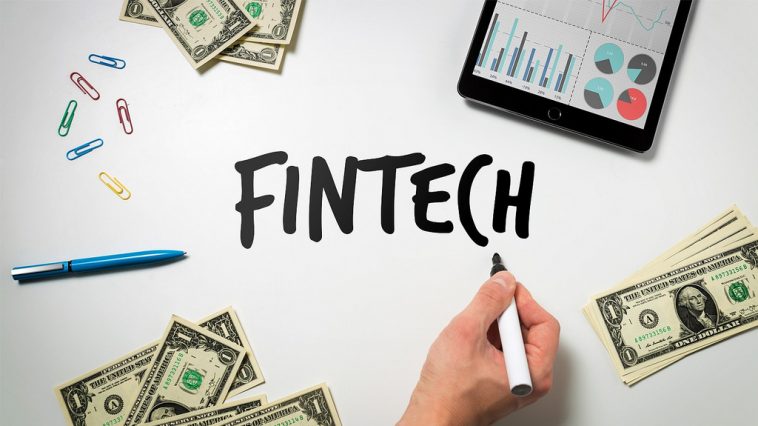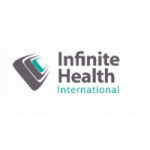The financial technology sector is working in partnership with governments and regulators in sorting out on improving the future economy of the Middle East and North Africa (MENA) countries. The fintech companies have been in a position to raise more than $100 million within a decade which meant for funding and investment, and this is expected to improve by 2020 according to the State of Fintech. Public investments in the startups had gone up by 100% by October 2017, Paytabs $20million, Souqalmal $10 million and Beehive $5 million compared to $18 million in 2016.
The number of fintech companies also went up from 46 in 2013 to 105 in 2015. The number might go up again to 250 by 2020. It’s easy, however, to get bogged down in statistics and overlook the market forces driving these figures. Aside from the fact that the sector encompasses every tech startup active within the financial services industry, beyond the ones that specialize in online payments or money transfers, e-commerce in the region is set to go up four times until the end of this decade.
Irrespective of the high number of smartphone and internet access, 86% of the population in Africa is unbanked which three out of four in GCC bank are ready to switch banks for a digital banking. According to Moussa Beidas, co-founder of Dubai-based startup Bridg, Fintech has become the best way to narrow the gap and offer cheaper services to the unbanked population.
It becomes hard for the unbanked population to access credits for boosting their businesses due to the legal requirement of most of the banks to qualify one access the loans. The Fintech industry tends to operate in a more friendly way that accommodates both the banked and the unbanked population. Fintech is seen to make major strides in the economic development of the Middle East countries. Saudi Arabia is aiming at reducing the dependency on oil revenues and diversify the economy by empowering both the small and middle businesses, and that has opened up many opportunities for Fintech.
Fintech is developing almost every month, and a number of them are embracing the current technology like blockchain a good example is the recently launched Verify in Dubai. The startup is trusted and offers transactions without any risk to either party. Dubai is the world’s 18th major financial center and the home to the largest Fintech sector in the Middle East. Dubai International Finance Centre (DIFC) launched a $100 million funds in November to develop Fintech technology in Dubai. Hong Kong’s Securities and Futures Commission entered into a partnership with the Dubai Financial Services Authority (DFSA) in August to form a framework for the two regulators to assist each other in developing Fintech industry.
 We just launched our WhatsApp channel. Want to get the latest news from the Tech in Africa?
We just launched our WhatsApp channel. Want to get the latest news from the Tech in Africa?


